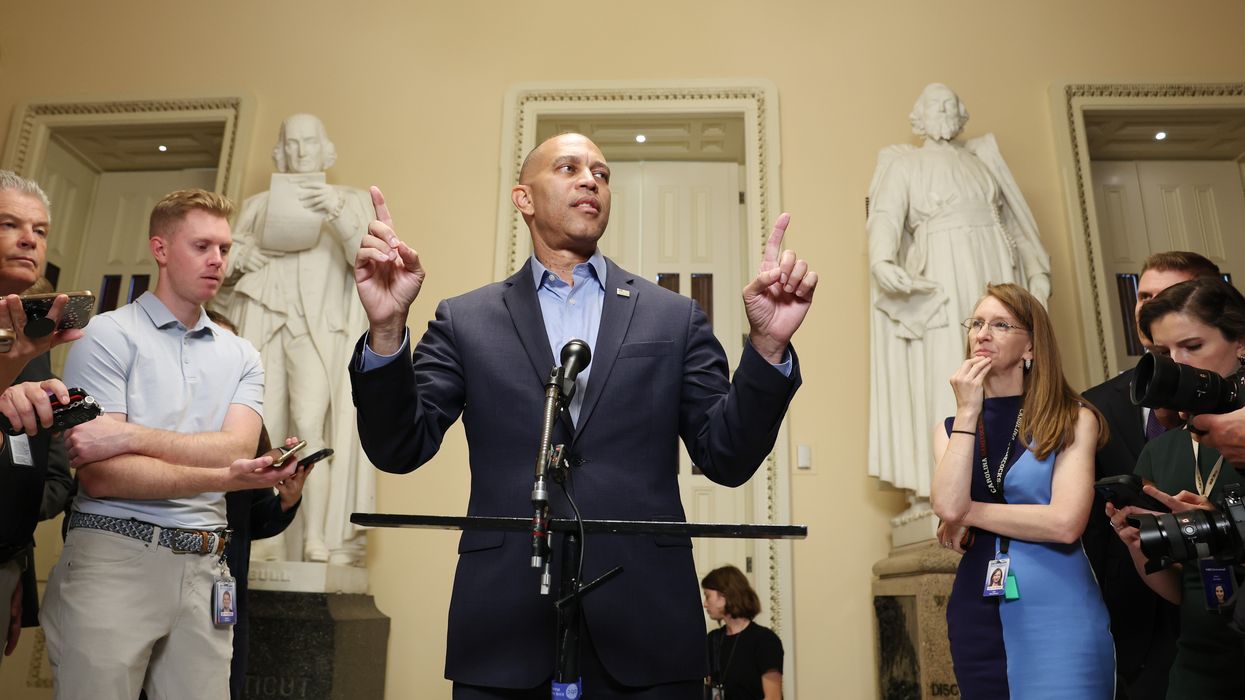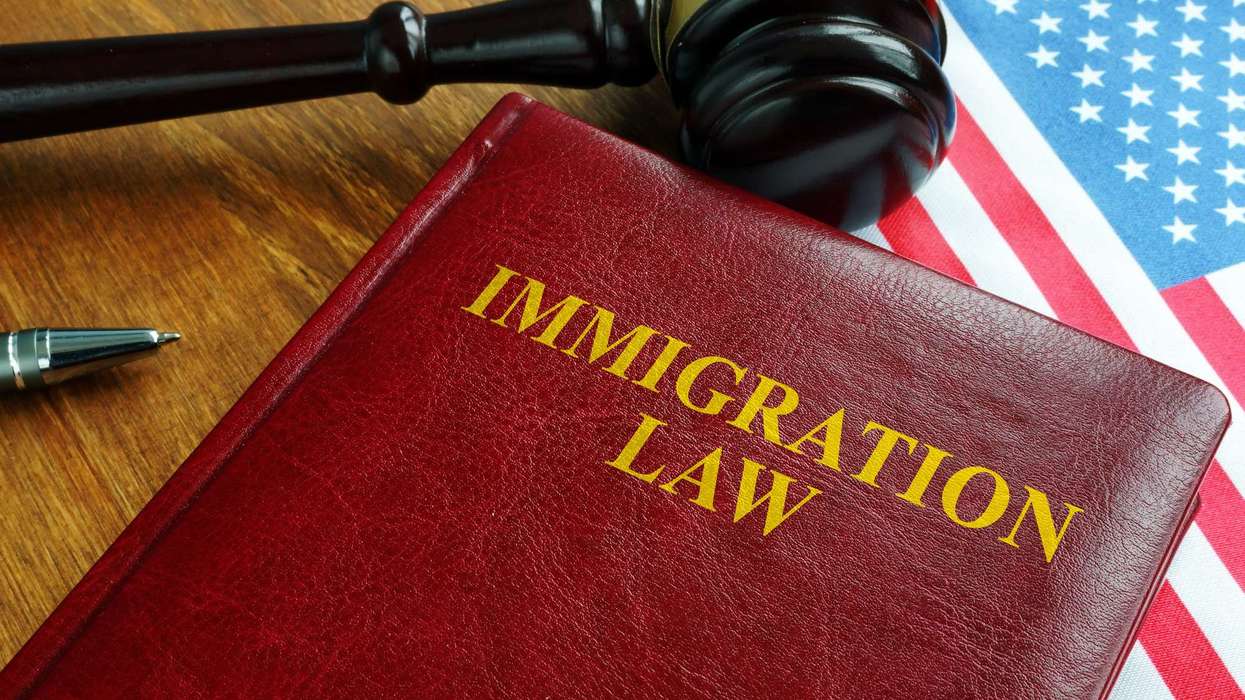Summary:
- USTA said the U.S. travel economy could lose $1 billion a week in a government shutdown.
- White House reportedly ordered agencies to plan layoffs of nonessential staff.
- Around 88 percent of Americans want Congress to prevent a shutdown.
A LOOMING U.S. government shutdown could cost America’s travel economy $1 billion a week, the U.S. Travel Association said. Federal funding runs through Sept. 30 and without a stopgap budget, many operations would halt on Oct. 1.
President Donald Trump blames Democrats for failing to reach a deal, while Democrats criticize him for canceling a negotiation meeting. Senate Democrats had previously resisted a shutdown over fears of mass firings and deep spending cuts, but a similar threat now looms, Fox News reported.
Meanwhile, the White House budget office is directing federal agencies to prepare layoff plans for nonessential employees in a potential shutdown, Politico reported. The Office of Management and Budget’s plan to permanently cut the workforce, detailed in a memo shared with POLITICO ahead of release to agencies, raises the stakes of a shutdown next week.
A shutdown would disrupt federal agencies, including the Transportation Security Administration and hurt the travel economy, U.S. Travel Association CEO Geoff Freeman wrote in a Sept. 25 letter to Congress.
USTA called on Congress to act to prevent the looming threat.
“A shutdown is a wholly preventable blow to America’s travel economy—costing $1 billion each week—and affecting millions of travelers and businesses while straining an already overextended federal travel workforce,” Freeman said. “While Congress recently provided a $12.5 billion down payment to modernize our nation’s air travel system and improve safety and efficiency, this modernization will stop in the event of a shutdown.”
USTA said that halting air traffic controller hiring and training would worsen a nationwide shortage of more than 2,800 controllers and further strain the air travel system.
If the Federal Aviation Administration cannot hire or train controllers, longer security lines, flight delays and cancellations are likely, Freeman wrote in the letter. Programs for air traffic control, however, are slated to continue during a shutdown.
A recent Ipsos survey cited in the USTA letter found 60 percent of Americans would cancel or avoid air travel during a shutdown. Approximately 81 percent said shutdowns harm the economy and inconvenience travelers and 88 percent said Congress should work across party lines to prevent one.
About 50,000 Transportation Security Administration employees, responsible for airport security, would work without pay, worsening staffing challenges, Reuters reported.
Shutdown losses would add to a projected $29 billion drop in visitor spending in 2025, driven by fewer international visitors and weaker domestic demand, according to Forbes.
The U.S. tourism industry entered 2025 expecting growth in travel demand and visitor spending. International arrivals, however, are down due to an eight-month Canadian travel boycott and a summer decline in Indian tourists amid disputes between Trump and Prime Minister Narendra Modi over tariffs, Russian oil and credit for an India-Pakistan ceasefire, Forbes said.
In December, President Joe Biden signed the American Relief Act, preventing a shutdown before Christmas and funding the government through March 14.






